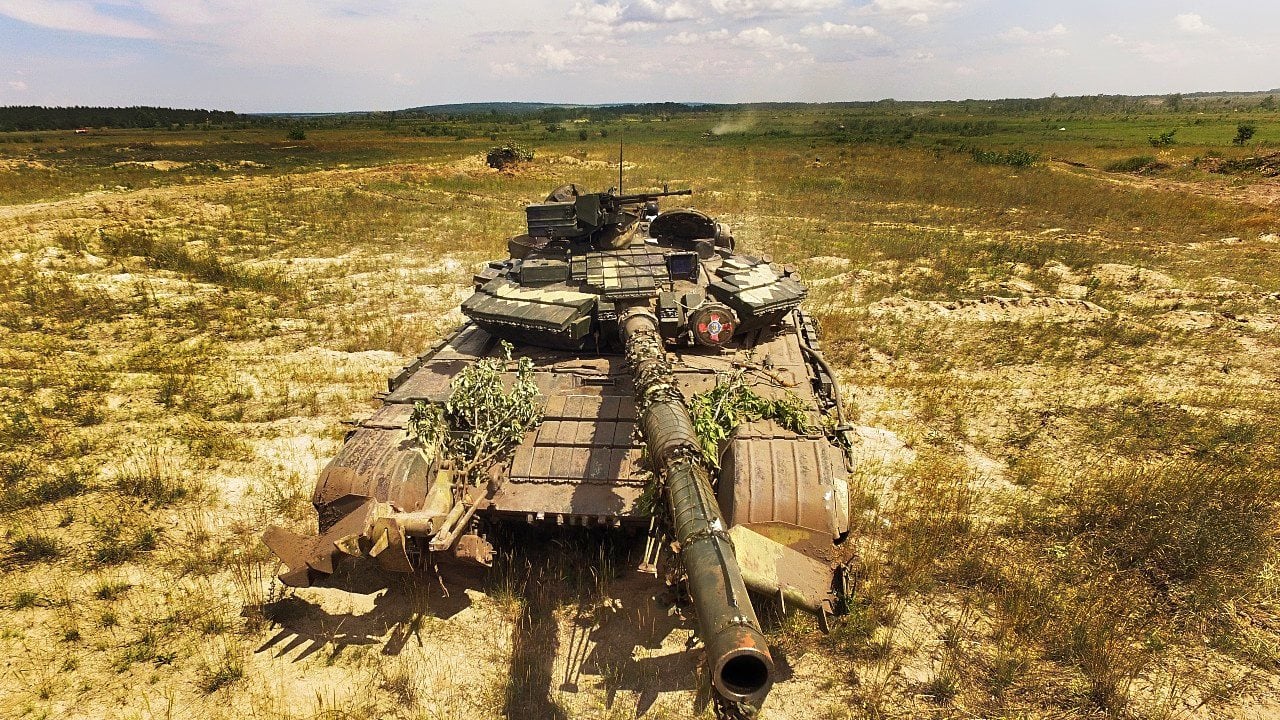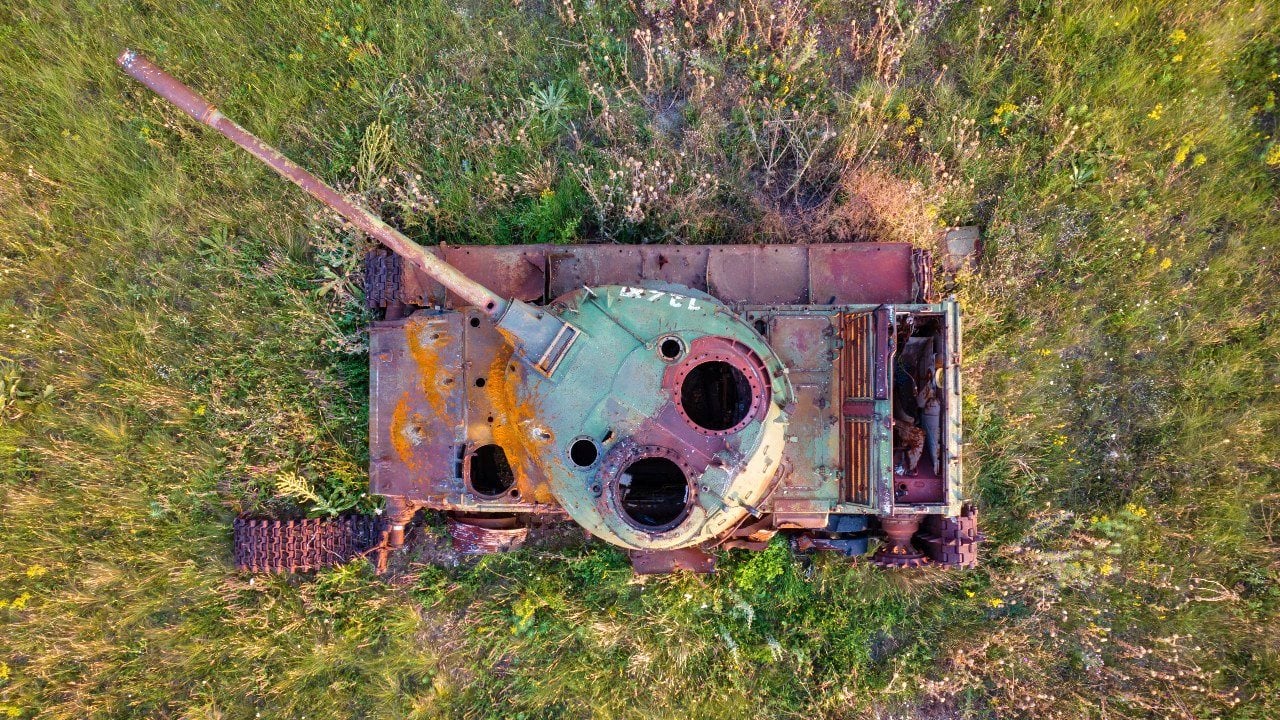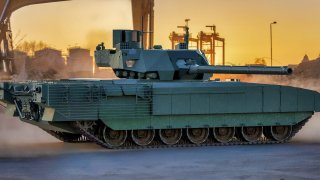Russia's 'Elite' Military Units Face Years of Recovery After Heavy Losses in Ukraine
While we examine the effects on the different branches of the Russian military post-Ukraine, we should explore how the gutting of Russia’s elite forces, airborne, naval infantry, and Spetsnaz forces, has weakened their military which are all critical to Russia’s offensive capability.
Assessing the Elite Units of the Russian Military Post-Ukraine: While we examine the effects on the different branches of the Russian military post-Ukraine, we should explore how the gutting of Russia’s elite forces, airborne, naval infantry, and Spetsnaz forces, has weakened their military which are all critical to Russia’s offensive capability. The damage done to these three groups during operations in Ukraine will have lasting effects on Russia’s capabilities for many years.

The Russian Airborne Force (VDV)
The Russian Airborne Forces (VDV) is, “one of the more important instruments in the General Staff’s toolkit, serving as a rapid reaction force for local conflicts, supporting special operations, or striking behind enemy lines in a conventional war.” The VDV, that includes parachute and air assault units, also serves as a “reliable enforcer for politically sensitive operations... [And] the best and brightest” serve in the VDV. It is a training ground for young up-and-coming officers.
Because of their critical role in strategic operations, the VDV has been active in Ukraine since the initial invasion, with devastating results for the VDV. The British Ministry of Defense estimated that at least fifty percent of the 30,000 Russian paratroopers deployed to Ukraine have been killed or wounded since the start of Moscow's full-scale invasion.
Another source approximates 3,000 deaths of VDV forces in Ukraine, and in June 2024, “the entire 83rd Airborne Brigade [was] urgently withdrawn to the rear to restore combat capability.”
The VDV is suffering heavy losses because it is being used as regular ground infantry, wasting any tactical advantages of the force. While the Russian Army is reorganizing new airborne units, they are just predesignating motorized infantry units that lack the training or equipment of previous airborne units. A different patch and beret do not make an elite force.
Naval Infantry
The Russian Naval Infantry functions as Russia’s primary amphibious assault and coastal defense force. A small unit with only 9,000 men, Naval Infantry operates with the VDV on securing beachheads and other tactical operations including operations in Crimea since 2014.
Again, the elite Naval Infantry has been used in a way that ignored its unique capabilities, resulting in the force's destruction. While it did conduct amphibious operations at the beginning of the conflict, most of the rest of combat has been out of the coastal areas and naval infantry units, the 155th Naval Infantry Brigade, have been decimated reducing Russia’s capability in these zones.
Spetsnaz
Spetsnaz is a Russian special operations force tasked with direct action and counter-terrorism. Along with the VDV, Spetsnaz is considered one of the most elite units in the Russian military. Like the VDV and naval infantry, the Spetsnaz have been devastated by operations in Ukraine.

By April 2023, U.S. Intelligence estimates show that, “The war in Ukraine has gutted Russia's clandestine spetsnaz forces and it will take Moscow years to rebuild them.”
This is a waste of highly trained forces that cannot easily be reconstituted.
What Does It Mean?
The gutting of Russian elite forces has been a result of incompetence at all levels of command. For example, when, “Russia's motorized rifle infantry soldiers proved ineffective, commanders have sought to compensate by pushing elite airborne units, naval infantry, and Spetsnaz to the front.” Russian commanders wasted highly skilled personnel as if they were conscripts.
It does appear that the Russian military is trying to reconstitute its elite units with, “better equipment, longer training, and better officer training;” however, this might be too little too late. The gutting of these elite forces will result in several problems going forward for the Russian military. Without elite rapid deployable forces, the Russian Army will have to reconsider its doctrine unless it wants to gamble with inferior quality forces as its primary strike force.
Second, many in the conventional forces might use these failures to attempt to do away with the elite forces. Finally, it will take years to fully train the force, and during that time the Russians will be operating at a disadvantage in certain aspects of irregular warfare as they play out in the Great Power Competition.
About the Author
Edward Salo, PhD is a Professor of history, at Arkansas State University. He is a former fellow at the Modern War Institute at West Point, and the Joint Special Operations University. The views expressed in this article are those of the author and do not necessarily reflect those of Arkansas State University or other organizations.
Image Credit: Creative Commons and/or Shutterstock.


